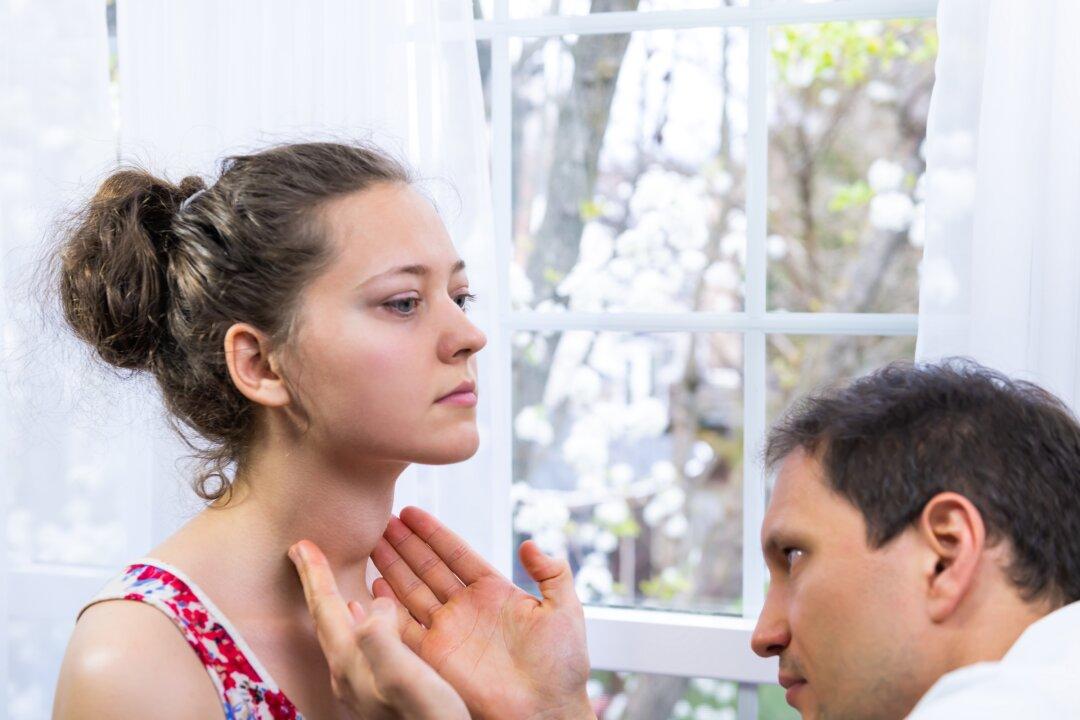You might wonder why you feel better and much more energized whenever you walk barefoot on humid soil or on a sandy beach. This isn’t anything new to science: it’s Earthing, also known as grounding.
Earthing refers to contact with Earth’s surface electrons by walking barefoot outside or working, sitting, or sleeping indoors linked to conductive systems that transfer the energy from the ground into the body. Based on scientific research so far, the planet’s electrons induce numerous physiological changes to the body, such as better sleep, reduced pain, and even a blood-thinning effect.





